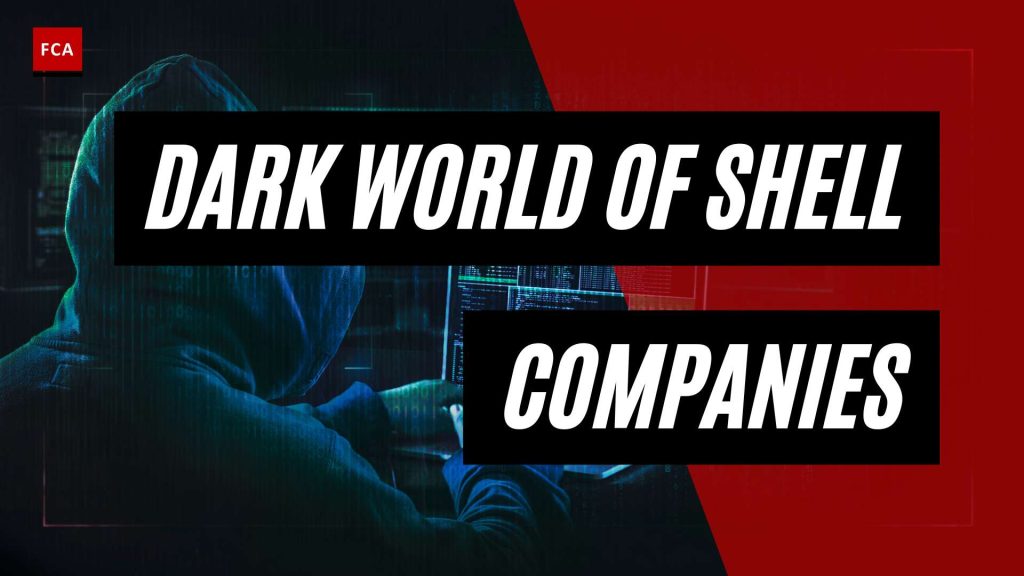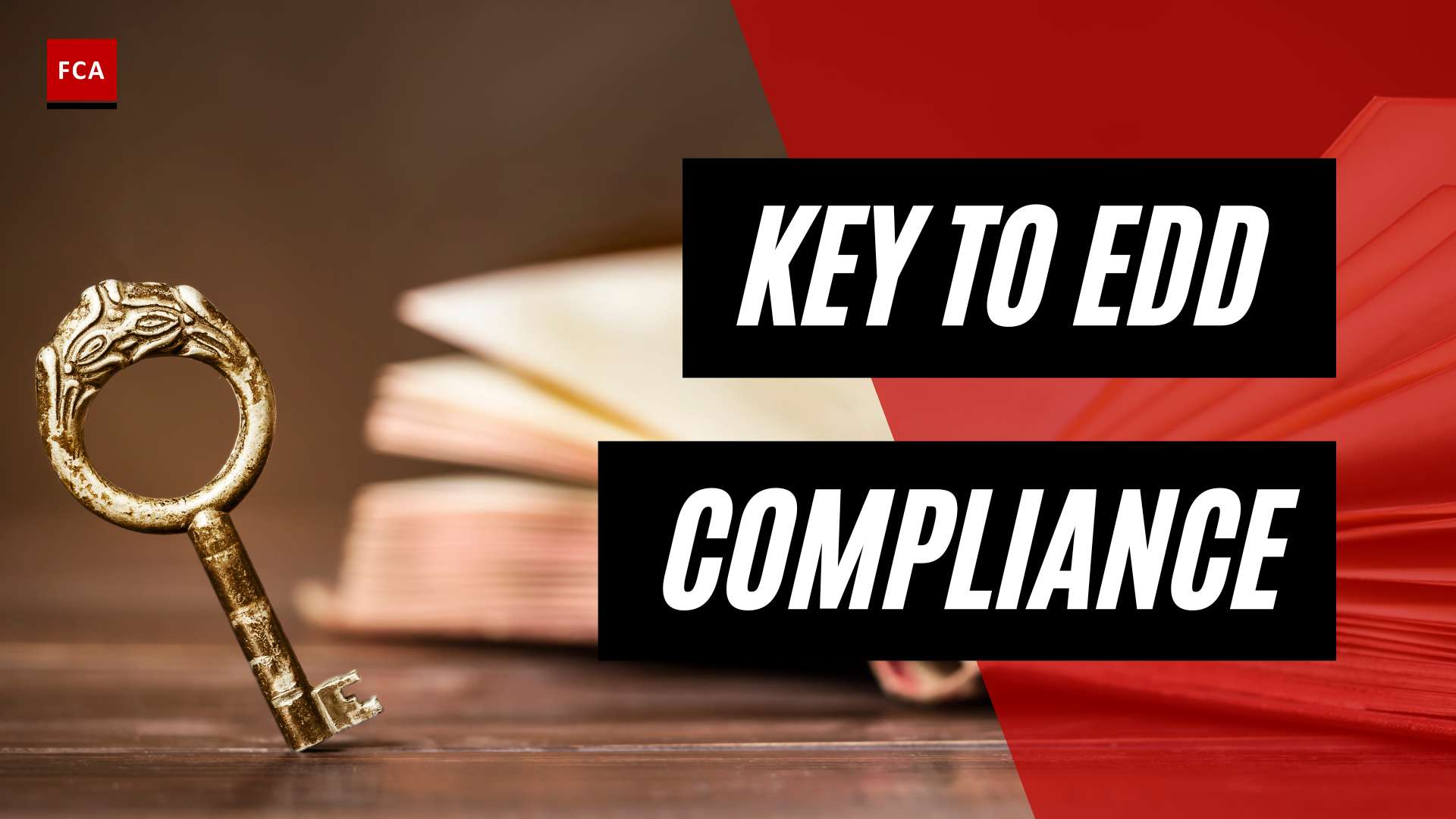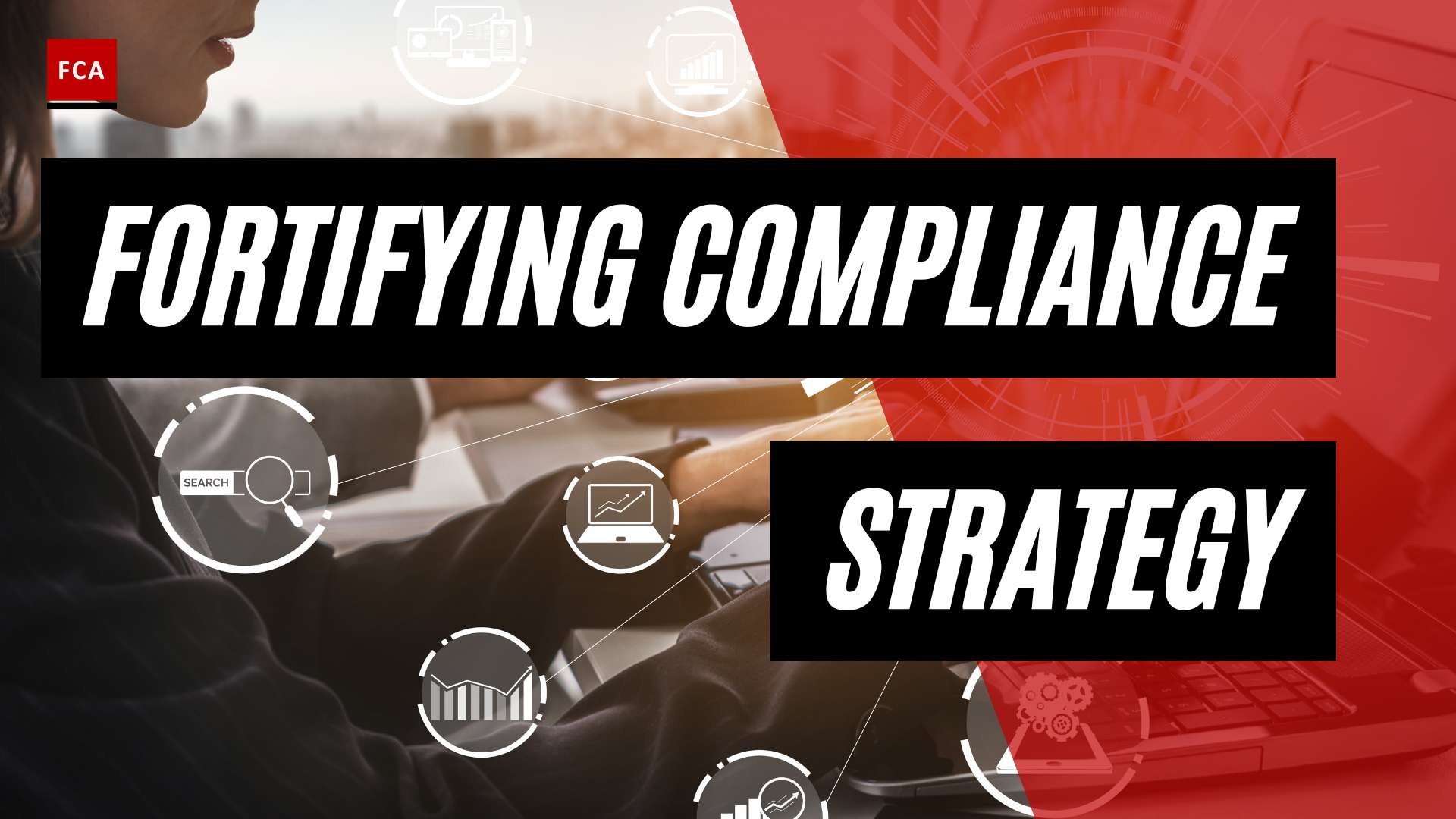Understanding Shell Companies
In the complex world of finance, shell companies exist as both tools of legitimate business practices and potential instruments for illicit activities. Understanding these entities is crucial for professionals working in compliance, risk management, anti-money laundering, and anti-financial crime.
Definition and Function
A shell company is defined as an entity without any significant assets or operations (Investopedia). These companies are often used for legitimate purposes, such as allowing a firm to set up a new operation without needing to establish a new entity from scratch. However, they can also be misused for illegal activities like tax evasion, money laundering, and fraud.
These entities typically function to conceal ownership of assets, evade taxes, or evade paying bills (Investopedia). Shell companies can be used to buy real estate, maintain a bank account, form contracts, or serve as a legal entity for conducting financial transactions without revealing the true owner. In this context, shell companies can play a pivotal role in the layering stage of money laundering, providing an additional layer of privacy and protection for illicit financial transactions.
Formation Process
The process of establishing a shell company is relatively simple, involving the creation of a legal business entity through standard procedures like incorporation (Investopedia).
Agents, also known as nominee incorporation services (NIS), play a central role in the creation, maintenance, and support of shell companies. These entities can provide services that help conceal the true ownership and activities of shell companies, increasing the risk of illicit financial activities.
The ease of formation and operation of shell companies has led to their common use for money laundering and other financial crimes, as highlighted in the 2005 U.S. Money Laundering Threat Assessment.
Understanding the nuances of shell companies is crucial for professionals tasked with anti-money laundering compliance and implementing customer due diligence measures. A thorough knowledge of the nature and functioning of shell companies can help identify potential risks and develop effective strategies for mitigating financial crime.
Legitimate Uses of Shell Companies
While shell companies often carry a negative connotation due to their association with illicit activities, they also have legitimate uses that offer advantages to businesses and individuals.
Benefits for Startups
Shell companies can provide several benefits for startups. For instance, they can be used to store funds before launching a business. They can also be beneficial for companies preparing for mergers or acquisitions, as they can safeguard assets during the negotiation process.
Furthermore, in regions where security is a concern, shell companies can provide a layer of anonymity and protection for business assets. They can also be used in estate planning to divide assets among beneficiaries. Interestingly, shell companies can also be used to shield earnings during a divorce, thereby protecting a person’s financial interests.
Tax Considerations
Shell companies can also provide significant tax benefits. Setting up shell companies in tax havens such as Panama, Switzerland, Hong Kong, and Belize can lower tax bills. Tax havens typically have low or nonexistent tax rates and do not report tax information to foreign tax authorities. This allows for tax deferral and the concealment of offshore accounts from the government.
It’s important to note, however, that while these practices can provide tax advantages, they may also raise ethical and legal questions, particularly in relation to anti-money laundering compliance and beneficial ownership disclosure. Thus, businesses and individuals should carefully consider the potential implications and ensure that their use of shell companies adheres to all relevant laws and regulations.
In summary, while shell companies have been associated with illicit activities such as money laundering and tax evasion, they also have legitimate uses that can provide significant benefits. However, their use requires careful consideration and a strong understanding of both the benefits and potential risks.
Illicit Uses of Shell Companies
While shell companies have legitimate purposes, they can also be exploited for illicit activities. This section will delve into two of the most common illegal uses of shell companies: money laundering and tax evasion.
Role in Money Laundering
Shell companies are a vehicle often exploited by transnational criminal organizations to conceal the movement of illicit proceeds (FBI). They provide an opportunity for entities to move money globally without disclosing their true identities or the nature of transactions, making them susceptible to potential money laundering risks.
At the layering stage of money laundering, shell companies can be used to add complexity to financial transactions, making it harder for authorities to trace the original source of funds. Transactions may involve multiple shell companies, each transferring money to the next, creating layers of transactions that obscure the origin of the funds.
Shell companies also play a significant role in the integration stage of money laundering, where the laundered money is returned to the legitimate economy. The shell company can purchase assets or engage in transactions that seem legitimate, making the illicit funds appear as legal business earnings.
For more real-world scenarios of these illicit practices, see our section on money laundering examples.
Involvement in Fraud and Tax Evasion
Shell companies are often used for illegal activities like tax evasion and fraud (Investopedia). By placing assets within a shell company, individuals or corporations can hide their wealth, thereby evading taxes. The anonymity provided by shell companies makes it difficult for tax authorities to assess the true value of an individual’s or corporation’s assets.
Shell companies can also be used to commit fraud. For example, a shell company can be used to invoice for non-existent services, enabling funds to be moved out of a corporation and into the hands of the shell company’s owners.
These illicit uses of shell companies underscore the importance of stringent anti-money laundering compliance measures, including thorough customer due diligence and verification of beneficial ownership. It’s crucial for financial institutions to remain vigilant and proactive in identifying and addressing the risks associated with shell companies.
Regulatory Measures Against Shell Companies
The misuse of shell companies for illicit purposes such as money laundering and tax evasion has led to growing regulatory scrutiny worldwide. This section will explore the current regulations in place to combat shell company abuse and future regulatory trends expected in this area.
Current Regulations
Efforts to address the misuse of shell companies include the Corporate Transparency Act, which requires the disclosure of beneficial ownership information at the time of a company’s formation. This allows authorities to track the individuals who ultimately own and control these entities, thus reducing their potential misuse for illegal activities.
Furthermore, financial institutions are expected to assess the risks associated with providing services to shell companies. They are required to review their anti-money laundering compliance programs to ensure that internal procedures, controls, and training programs are in place to prevent, detect, and report potential money laundering and other financial crimes involving shell companies (FinCEN).
Future Regulatory Trends
Looking ahead, the US Corporate Transparency Act (CTA) will take effect from January 1st, 2024. This act will require many US companies to submit beneficial ownership information to the Financial Crimes Enforcement Network (FinCEN), as a measure to increase transparency and combat the misuse of shell companies for money laundering activities (sanctions.io).
The introduction of such legislation is a reflection of the global trend towards greater transparency in financial transactions and business operations. It is part of a broader effort to combat financial crimes, particularly in the layering stage of money laundering where illicit funds are often moved through a complex network of entities to obscure their origin.
The Panama Papers leak revealed that banks, political leaders, and wealthy individuals had allegedly hidden billions of dollars in shell companies through a Panama law firm, enabling some clients to evade taxes. Such high-profile cases have heightened public awareness of shell companies’ potential misuse and increased pressure on regulators to act.
As regulatory scrutiny increases, shell companies will likely face greater challenges in maintaining their operational opacity. This is expected to have significant implications for financial institutions, which will need to enhance their customer due diligence processes to effectively manage the associated risks. As such, understanding the regulatory landscape surrounding shell companies is crucial for professionals working in compliance, risk management, anti-money laundering, and anti-financial crime.
Shell Companies in High-Risk Jurisdictions
While the formation and operation of shell companies are regulated by laws and guidelines, these regulations vary greatly by jurisdiction. Some locations, known for their lax regulatory oversight and strict banking secrecy laws, have therefore become notorious as tax havens and have been associated with high-profile cases of money laundering and other illicit activities using shell companies.
Notorious Tax Havens
According to Investopedia, Panama has been labeled as a tax haven because of its loose regulations and reporting requirements for shell companies. However, Panama is not the only jurisdiction known for being a tax haven. Other common jurisdictions for shell companies include the British Virgin Islands, the Cayman Islands, Bermuda, Barbados, and countries like Switzerland.
In the United States, shell companies are typically incorporated at the state level, with states like Delaware, Nevada, and Wyoming being popular choices due to their business-friendly regulations and privacy protections (Bankrate).
These locations are known for their weak regulatory oversight and strict banking secrecy laws, making them attractive destinations for those seeking to exploit shell companies for illicit activities. These activities often involve the layering stage of money laundering, where the origins of illicit funds are obscured through complex transactions and legal structures.
Impact of Jurisdictional Regulations
The establishment and regulation of shell companies can significantly impact their potential for misuse. Jurisdictions with strict regulatory measures are less likely to be exploited for illicit activities than those with lax regulations. However, even in jurisdictions with stringent regulations, shell companies can still be used for illicit purposes if these regulations are not effectively enforced.
The misuse of shell companies in high-risk jurisdictions can have significant implications for financial institutions. These institutions have a responsibility to implement robust anti-money laundering compliance measures and conduct thorough customer due diligence to identify and mitigate potential risks. This includes understanding the beneficial ownership structures of shell companies and scrutinizing transactions involving shell companies in high-risk jurisdictions.
Effective regulation of shell companies requires global cooperation and consistent enforcement across jurisdictions. As the understanding of the role of shell companies in illicit activities increases, the hope is that regulatory measures will continue to evolve to effectively tackle these challenges.
The Role of Financial Institutions
Financial institutions play a critical role in curbing illicit activities associated with shell companies. Their responsibilities revolve around two key areas: identifying potential risks and implementing effective Anti-Money Laundering (AML) programs.
Identifying Potential Risks
Shell companies provide an opportunity for entities to move money globally without disclosing their true identities or the nature of transactions. This anonymity can, unfortunately, be exploited for illicit activities such as money laundering, fraud, and tax evasion. According to FinCEN, review of Suspicious Activity Report data reveals that shell companies in the United States have been used to move billions of dollars across borders, highlighting the significant financial implications of these entities in terms of potential money laundering.
Agents, also known as nominee incorporation services (NIS), play a central role in the creation, maintenance, and support of shell companies. These entities can provide services that help conceal the true ownership and activities of shell companies, increasing the risk of illicit financial activities. Given the potential for misuse, financial institutions must be vigilant in identifying the risks associated with providing services to shell companies.
To mitigate these risks, financial institutions must conduct thorough customer due diligence processes and adhere to know your customer (KYC) protocols. This involves verifying the identity of their clients and understanding their business operations and transaction patterns. Financial institutions should also pay close attention to transactions involving high-risk jurisdictions or offshore banking centers known for their lax regulations and secrecy laws.
Implementing Effective AML Programs
To combat the potential misuse of shell companies, financial institutions are expected to implement robust AML programs. According to FinCEN, these programs should have internal procedures, controls, and training programs in place to prevent, detect, and report potential money laundering and other financial crimes involving shell companies.
An effective AML program should include the following components:
-
AML policies and procedures: These should outline the institution’s approach to managing risks associated with shell companies, including identification and verification processes, monitoring and reporting procedures, and escalation protocols for suspicious activities.
-
Employee training: Staff members should receive regular training on the risks posed by shell companies and how to identify potential red flags. Specific training may be required for employees working in high-risk areas or dealing directly with customers.
-
Regular audits and reviews: Financial institutions should conduct regular audits of their AML program to assess its effectiveness and identify areas for improvement. This includes reviewing their customer due diligence processes, transaction monitoring systems, and reporting procedures.
By identifying potential risks and implementing effective AML programs, financial institutions can play a crucial role in preventing the misuse of shell companies and combating money laundering and other illicit financial activities. For more information on this topic, check out our articles on the stages of money laundering, layering stage of money laundering, and integration stage of money laundering.








